The 9 Most Bizarre Medical Conditions
Freaky Medical Conditions

Medical conditions range from minor to major but some are also in the bizarre category. So, the next time you break a limb or come down with scurvy, be thankful it's not something much more weird.
Body integrity identity disorder
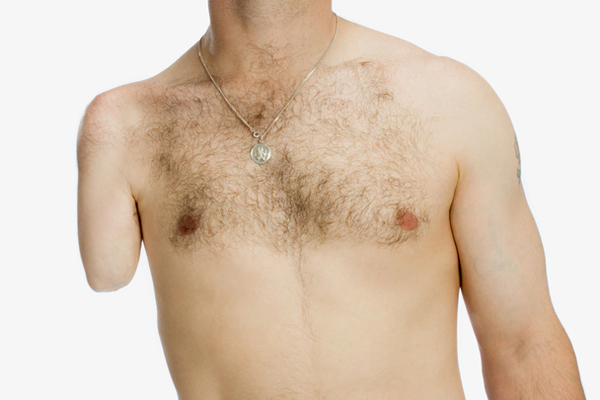
Sufferers of a bizarre medical condition called "body integrity identity disorder" (BIID), who are otherwise totally sane, feel as if one of their body parts — their right foot up to the mid-calf, for example — shouldn't be there. The limb seems horrific and alien, and they can usually draw a line in the exact place where they desperately wish to have it removed.
The neuroscientist Vilayanur Ramachandran recently uncovered the cause of the condition: BIID sufferers are missing part of their body image map in their brains. Their unwanted limb is not correctly mapped onto the corresponding brain region, leaving them feeling extremely uncomfortable with it.
There is currently no cure but for the uncharted limb to be removed, and when a sympathetic surgeon agrees to amputate, BIID sufferers report feeling infinitely happier.
Congenital insensitivity to pain

Ever wish you didn't feel pain? Take it back right now! Pain is a life-saving physical response to danger, and when people are born with a rare genetic mutation that leaves them unable to feel pain, they often die early deaths as a result of treatable injuries that they simply fail to notice.
It all starts in infancy, when babies born with pain insensitivity bite off the tips of their tongues, break their bones without making a fuss, and get corneal damage after neglecting to brush foreign objects out of their eyes.
Pica
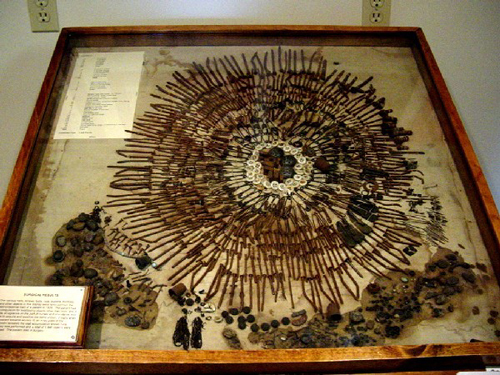
Sufferers of pica have an undeniable urge to eat non-food, often as a result of stress, mineral deficiency or pregnancy. The disease has many sub-categories, some weirder and more dangerous than others, to describe people who eat chalk, feces, glass, mucus, paint, body parts, hair, urine, wood and more.
Get the world’s most fascinating discoveries delivered straight to your inbox.
Pictured above are 1,446 metal items, from nails to salt shaker tops, that were surgically removed from the stomach of a pica patient in Missouri. She died of blood loss during the surgery.
Mass hysteria

As the name implies, this little-understood psychological condition sets in among a group of people — typically a gaggle of young girls — who spontaneously manifest the same or similar hysterical symptoms, such as seizures, convulsions or fainting. Sufferers believe they all have the same disease or illness, but in fact they're all in good physical health.
A famous historical case resulted in the Salem Witch Trials of 1692. Dozens of people were accused of (and hanged for) causing several young girls in and around Salem, Mass., to have frequent seizures and convulsions. (The image shows Mary Walcott, 17, convulsing on the courthouse floor during one of the trials.) The girls were posthumously diagnosed with mass hysteria. Accusations of witchcraft no longer fly, but mass hysteria is alive and well.
Recently, Thera Sanchez, a high school cheerleader in upstate New York, developed strange physical and vocal tics; this led to a dozen other girls and one boy in her school developing the same Tourette's-like symptoms. Officials initially wondered if the students were being poisoned, but psychiatrists recognized the phenomenon as a modern day case of mass hysteria.
Maggot infestation
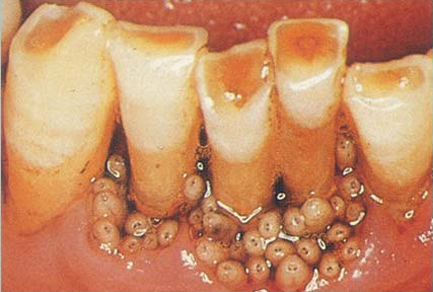
Of all the freaky medical conditions out there, one is most disgusting. A team of researchers at the Hygiene Center at the London School of Hygiene & and Tropical Medicine conducted a survey in 2010 to discover what medical conditions humans are most disgusted by. They presented 20 images of things perceived as repulsive — from festering wounds to discolored bodily fluids — to more than 80,000 individuals from around the world, and had them rate the images from least to most disgusting.
The image universally ranked as most disgusting is what you see above — the mouth of a man who suffers from a Sarcophagid fly larvae infestation. This medical condition ranks as most repulsive, said lead researcher Valerie Curtis, because "disgust is designed by evolution to keep us away from parasites that may make us sick, so people pick up on, and are most disgusted by, visual representations of a parasite invasion."
Morgellon's disease
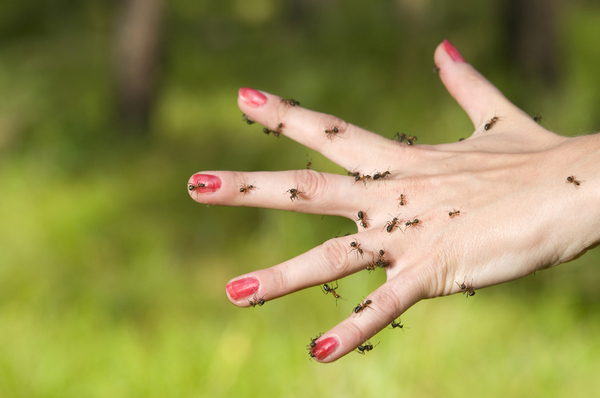
There's a new, extremely weird disease in town. Sufferers of "Morgellon's disease," a term coined only one decade ago, feel as if there are things crawling, biting and stinging them below the surface of their skin. Their constant urge to scratch results in insomnia and terrible skin lesions
In 2012, researchers at the Center for Disease Control and Prevention issued the results of a multi-year investigation of the unexplained condition; they found that patients had no actual disease organisms under their skin, and suggested their sensations were manifestations of "delusional infestation" — a false feeling of being infected by parasites.
Parasitic twin

When a twin embryo begins developing in utero, but the pair does not fully separate and one embryo dominates the other, the weaker twin stops developing and turns into a "parasitic twin" — a non-functional, non-conscious collection of extra body parts attached to the healthy remaining twin. Sometimes, the healthy twin is born and raised packing this extra weight.
This was the case with Laloo the Hindoo, an Indian man with a parasitic twin attached to his abdomen that had two arms, two legs and a penis but no head; Laloo performed as a sideshow freak in P.T. Barnum's circus at the turn of the 19th century.
Today, whenever possible, the parasitic twin is removed. In a recent case in Peru, a three-year-old absorbed his twin into his stomach while the two were gestating in the womb. Doctors successfully removed the boy's parasitic twin Jan. 30.
Cotard delusion
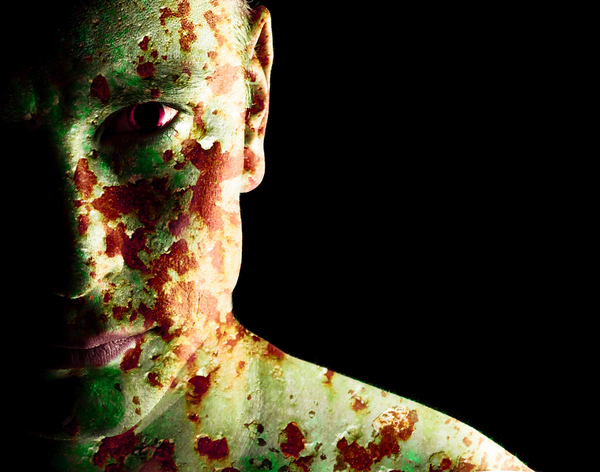
Is there anything stranger than an otherwise-sane person wholeheartedly believing he or she is dead? Cotard delusion, otherwise known as walking corpse syndrome, is an extremely rare condition whereby people wake up one day and think they have died, that they no longer exist, or that their flesh is rotting off.
It's all in their head, of course, but there's a physical cause nonetheless: The brain region involved in facial recognition has become disconnected from the regions involved in emotion. When the person looks in the mirror, they recognize themselves, but they don't have the usual emotional response. Their appearance has lost its association with their sense of self, and this cognitive dissonance results in the sense that they do not exist, or have died.
Natalie Wolchover was a staff writer for Live Science from 2010 to 2012 and is currently a senior physics writer and editor for Quanta Magazine. She holds a bachelor's degree in physics from Tufts University and has studied physics at the University of California, Berkeley. Along with the staff of Quanta, Wolchover won the 2022 Pulitzer Prize for explanatory writing for her work on the building of the James Webb Space Telescope. Her work has also appeared in the The Best American Science and Nature Writing and The Best Writing on Mathematics, Nature, The New Yorker and Popular Science. She was the 2016 winner of the Evert Clark/Seth Payne Award, an annual prize for young science journalists, as well as the winner of the 2017 Science Communication Award for the American Institute of Physics.
 Live Science Plus
Live Science Plus






